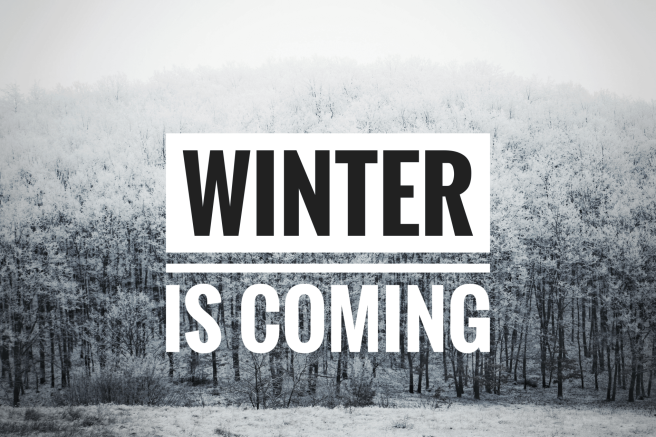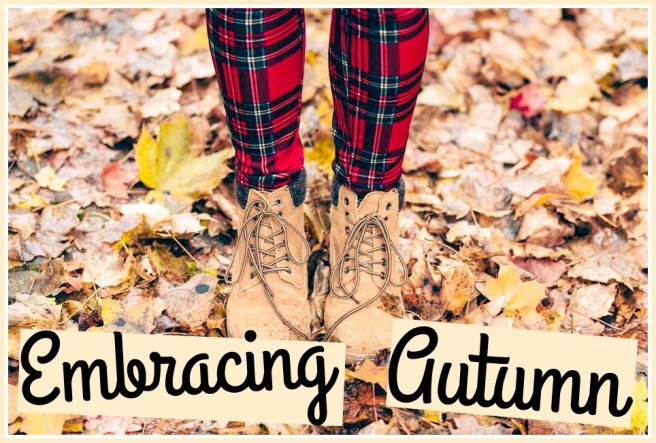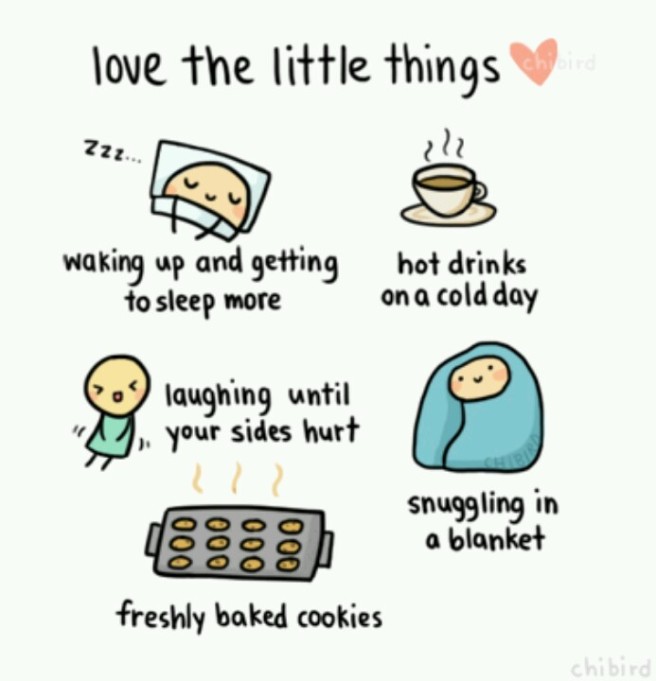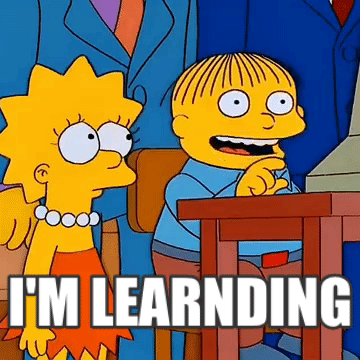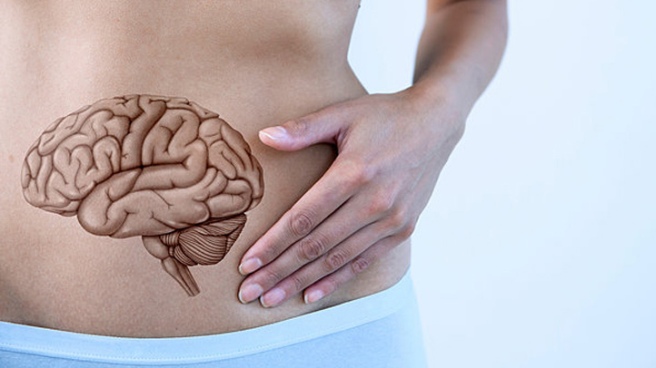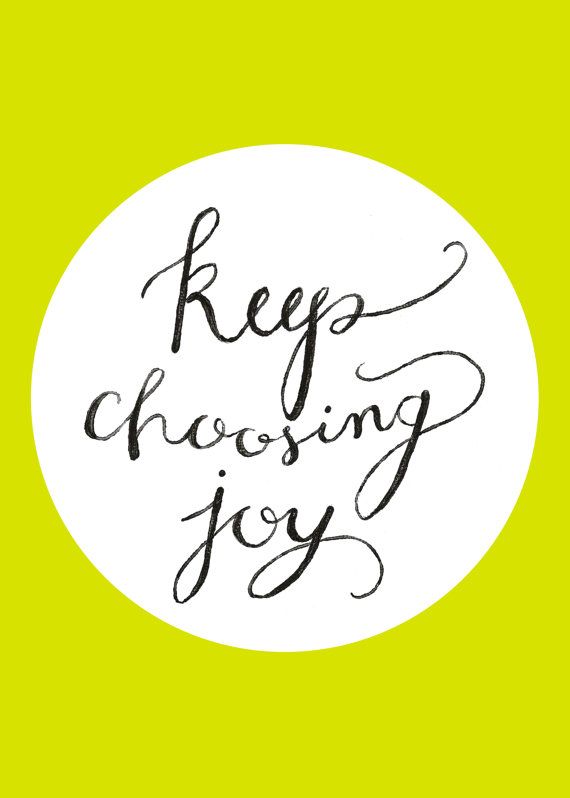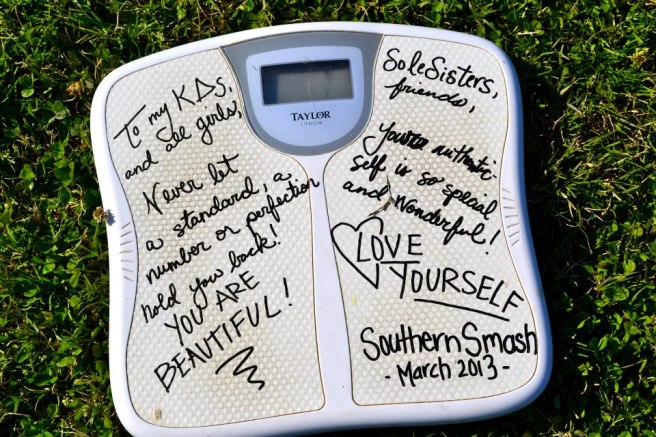
Here are three facts: Eating disorders are on the rise in the UK. Theresa May promised that her government would tackle mental health stigma. Last week, one of her advisors went on the radio and said that mental health sufferers didn’t deserve disability benefits.
It’s the end of National Eating disorder awareness week. For most of us, it will have been a normal week. We will have eaten breakfast, lunch, and dinner. Healthy salads, meal deals from superstores, a cheeky takeaway, an apple on the go or a mars bar hiding in the glove compartment. We will have punctuated our weeks with food without thinking about it. At least, most of us won’t have been thinking about it. Some of us will have, those who fall into the category who George Freeman believes do not deserve to be supported when our sickness over takes us. Because things that happen in your mind cannot possibly impede your ability to work. And if they do, well, I guess the message is get over it. Because that has been a mental health policy proven to work.
So he back-tracked his comment. So Theresa May has committed funds to mental health services. Not good enough. If her advisors comment and the week I have just had (more to follow) proves anything, it’s that we need a radical overhaul in this country as to how we educate and understand mental health. If I sound angry, it’s because I am. Mental health has been a buzzword in politicals for the last twelve months and yet services have dwindled. There is a counselling service in a school I work in that has a six month waiting list. These are children with PTSD, terrible family situations, children who are grieving parents, and yet there’s nothing for them. My father-in-law works in a building where a daily drop in for dementia sufferers is closing down, with nothing to replace it. I have friends who have suffered chronic mental health episodes and need to be in hospital, but there aren’t any beds. Too right I’m angry.
You might say that those are just words one person spoke, a slip up on national radio when discussing a complex part of social security. Don’t get it out of proportion. I’m here to tell you that those words are where it matters. Mental health might be a buzzword but stigma is alive and well. Words are where our battles are going to be won and lost. You might ask what are we at risk of losing. I think we could potentially lose a generation.
It’s National Eating disorder awareness week. I spent some time talking with children. This is what happened.
****
It’s Wednesday afternoon and I’m sitting on a dirty school hall floor after lunch with the stray hula hoops, talking about my eating disorder. My listening audience are a group of Y6 girls, all ten or eleven years old. They have just this morning found out which high school they will be attending. They are on the cusp of a massive life change. It feels like nothing I can say will truly prepare them, but here I go. We are doing a session on self-image and mental health. I sit down with them, and they all lie of their bellies, kicking the feet in the air adorably. My heart aches for them. I explain that I have an eating disorder, that it started when I was their age. Their eyes are wide and very quickly, the questions start to flow.
“Why did you stop eating?”
I explain about the stress triggers in my life at that time; how I struggled my first couple of years at high school, how I was always told that I was too big to be a ballerina, too tall, and I was always put at the back of the class, behind the skinny girls. In a few pensive faces, I can see that they have already had their own experiences of being too big for something. Too wide for ballet, too tall to be pretty. We talk about Misty Copeland, my inspiration, who was told she was too big and too black for professional ballet. They gasp at a photo of her.
“She’s not fat!”
Of course she isn’t. I explain we shouldn’t hate our bodies, but love them for what they can do.
“Do you wish there had been a Misty Copeland around when you were young?”
I can’t tell them how much, so I just say that yes I do. I don’t want to dwell on how positive body image role models might have changed my young life, so instead I tell them how I teach dance now, even though I’m not petite or like the tiny ballet dancers I see on TV or in shows. A little hand is raised.
“Now that your a dance teacher,” she hesitates, “do you put the tall girls at the back like they used to do in your class?”
She is tall.
I tell her no. She looks relieved.
I tell them how our bodies are not just about what we do physically, but maybe what we do with our mind. I explain how it’s important to be kind to our bodies even if we want to do something academic. I talk about writing, and how I still need to be healthy to write and stay focused.
“Have you really written books?” One girl interrupts. She has been silent until now, not quite engaging, but now her eyes are glowing. I can almost see the stories she written or imagined shining inside her eyes. “Published ones?”
“None that you could read,” I say, thinking of the erotica and academic books, “but yeah.”
I tell them they can do anything they want to do. They open up, their minds unfurling before me, brave and intelligent and funny and sweet.
They say they are tired of being judged on their looks. They say they don’t know what to feel about make-up; if they like it, should they wear it? But if they don’t like it, should they wear it anyway? Because everyone else is, and boys are into it. They say the boys wouldn’t understand these things because boys don’t know how it feels. They say they are afraid of being emotional. One of them says she’s tired of people using “like a girl” as an insult. One of them says she’s the only girl on the football team and when she scores the boys say she is “actually quite good.”
I want to tell them we are buildng a better world for them, but I can’t. Already, I feel like I have failed them. The sexism they are encountering is coming from their classmates, from their peers, from within their own generation. These are not boys who should have known better, these are boys who should have been taught better. By us. These are the men who will be these girls’ co-workers, their friends, their boyfriends, their employers, and their politicians. I can’t tell them it’s going to get better with any certainty, so I don’t. I tell them that they might lots of people in life who say they can’t do certain things because they are girls. I tell them these people are wrong. They nod in agreement.
Some write down questions they are not brave enough to say out loud:
“Is it true that there are things you’re not allowed to do if you’re fat?”
I am overwhelmed by the all-encompassing scope of the lie inside this question. We have glorified the body beautiful, the body skinny, the body full-stop and I am reading the fruit of it. A generation growing up believing that there is a body for everything and if you don’t have the approved body size for something, then you are cut off, expelled. One size does not fit all, not at all.
To start, I talk about the things they will have seen in their towns and on their TV’s. I tell them about clinical obesity and how it is caused by many things and is a real disease, not a bad decision. I explain how some people who suffer with it do struggle. I also tell them that I can’t think of a single thing a non-normalised, societially not-approved body couldn’t do. I point to Misty Copeland. I point to myself. I pray that they believe me.
The next day I am in a secondary school talking about eating disorders again. I get some questions, but not many. They are all twelve and thirteen year old girls and this is their lunchbreak. They have come for the donuts, the chat, and to play on their phones. We move on to one of the activities I have prepared. I ask them to take the best selfie they can in one minute.
A flurry of activity. Cries of “Can we use an old photo? Oh, but I have so many good ones!” A row of pouting faces. One of the littlest year sevens that I know pulls out a burgundy lipstick and applies it swiftly. It jars with her childish complexion. I command them to put their phones on the table and explain why they chose these photos, these angles, these filters.
“I tilt my head so my nose looks smaller.”
“I put stickers on to cover my acne.”
“I put black and white to make me look older.”
“I posed that way to make my skin look clearer in the light.”
“I do that so my eyes don’t look so small.”
I ask them if when they look at their friends selfies they see their flaws. They don’t.
“I’m getting a nose job when I’m older!” One girl announces.
My heart sinks. She is beautiful by normalised standards and her friends coo over her selfie with envy, but that’s not the point. The point is she is gregarious and funny and the first girl whose name I learnt. She persuaded me to bring in KFC to school and went on and on about KFC gravy so much she pretty much drank it from the tub. She is wholly beautiful, and she is 12 years old.
And she wants a nose job more than anything else.
I don’t tell her that’s crazy or that she’s stupid because why should I? She’s a child. It’s not her fault she feels this way. It’s ours.
I ask them to take no filter selfies. They hate it but they do it, complaining and shrieking. One cannot put her whole face in the photo, she is so disgusted by her skin problems. Then we compliment one another. I tell them how beautiful they all look, and for some of them, I genuinely wonder if its the first time they’ve heard it. Those shy smiles say it all. I ask them if they judge their friends on their looks. They say they never would. I ask them why they can’t believe it for themselves, why they have this double standard.
They don’t know.
I know why. It’s because they are twelve year olds who are being sexualised every day, by the media they see and the people they meet. I look at them and know I am complicit in all the ways I have been a negative role model when I could have been a positive one. I explain how it is so hard to be kind to ourselves and accept compliments. I share with them how when I was at my lowest weight, I still wasn’t thin enough. I share with them how somebody complimenting me at that time, saying “Oh you’re so thin!” would only produce annoyance in me; annoyance that they clearly were too pitying, or too stupid to point out my flaws. They nodded. They said they understood that feeling.
I asked them if they could try to be kinder to themselves. I know many of them think they are fat. I know some of them aren’t eating right. I admit to them that I had thought about coming to our meeting without make-up but chickened out. I admitted that it was hard for me too. I asked them if they could try. They said they would.
It felt like I was asking them to overcome a system of society they had no control over. It felt like I was asking them to change the world.
Next week we will talk about it some more, and the week after that, and the week after that, but I don’t think it’s enough to make a difference. Not if I stand by and let the sources that are fuelling their critically low self esteem go unchecked. I am part of an adult society that has had maintained a lax attitude to porn regulation, has let our young children get their sex education from explicit online material, and has let photo shop become our norm. They have grown up on a diet of media that has given them unhealthy appetities for perfection, a standard of physical normality that is only achievable with a professional make up team and a stylist. We have produced apps which encourage them to sell themselves, and since they are not adults with businesses, they are selling their self-image. We call them vapid, we call them obsessive, we call them vain and fame-hungry, when we are the ones who have been feeding them. Our own language of self-loathing, or own thoughts of perfection seeking have only set an example of how to be. Our huberous in blaming them, calling them the online generation as if they had invented these apps, these phones, these pornsites themselves, is beyond staggering. We are the poison, but I have to believe that we can also be the cure.
It’s national eating disorder awareness week, and honestly, I think at least five of the fifteen girls I have spoken to this week show signs of disorded eating. All of them show signs of chronic low self -esteem. We need to do more.
One of the questions I was asked by the primary school girls was “Do you meet people or talk to people who struggle like you do, and do you help them?”
Only a ten year old could be so excruitiatingly direct. I said that I tried to, that I am trying.
And I am. But I can’t do it alone.
